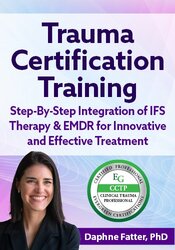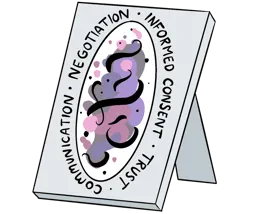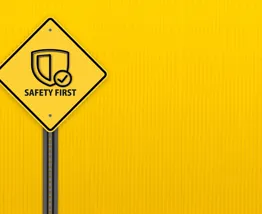Enrol in an online course today for flexible, self-paced learning—no fixed schedule required. Plus, enjoy lifetime access to course materials for convenient revisiting.
Reproductive Trauma: Multiple Forms, Clinical Manifestations

I am a strong advocate for the idea that ALL clinicians need to understand the basics of reproduction in order to serve the population they see – even if that population isn’t concerned about reproductive issues. No matter our population, reproductive trauma can have some kind of impact.
It might be intergenerational, such as the granddaughter who’s grandmother was raped, and unable to obtain an abortion, so she had a child that she resented, and that child grew up to have her own children, knowing that she was not wanted.
It might be the child whose mother is depressed because she desperately wants another baby, but has been enduring pregnancy losses and failed IVF cycles.
It might show up in the septuagenarian who came to you because she was in a marriage that was not working for her; over the course of therapy, you assisted her to mourn the children she was never able to have as her soon-to-be ex didn’t want more than the ones he had with his first wife.
Reproductive trauma can either be one more layer of trauma that a person has experienced or it can be its own unique instance. Thus, the importance of all therapists knowing about the nuances of reproduction so they can be responsive should it come up (as it inevitably will).
Reproductive trauma, that isn’t an immediate issue, can take many forms. Often, it manifests as a sense of helplessness or powerlessness. There can be a sense of body shame that pervades as a result. With abortion in the news at this time, there is the thought that those that experience abortion must also experience trauma. While this is the case for a small number of people that sought to end their pregnancies (sometimes in the case of reproductive coercion), the majority of those able to access abortion care don’t experience any negative long-term psychological concerns (ref: The Turnaway Study). Yet, it is important to support those that do have the experience of regret and re-traumatisation with the procedure being in the forefront of conversation.
Like any aspect of trauma, reproductive trauma can wire a person’s brain to the circumstance of danger and a lack of safety. Those that have experienced a reproductive trauma might have sexual difficulties, attachment concerns, distrust of the medical establishment, or relationship issues as well as a host of other potential presenting problems.
Similar to other forms of trauma, the ability to help a client process, and therefore, re-wire their neuro-circuitry assists with the metabolism of the traumatic event (or events) so that adaptive informational pathways are able to emerge. This enables a person to be more in the moment rather than having their brain assume that danger still exists.


















